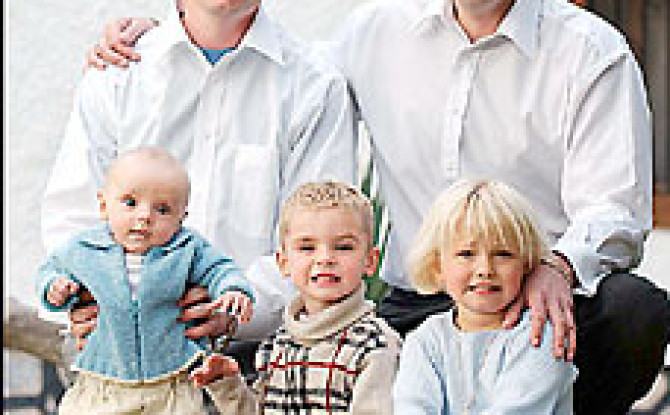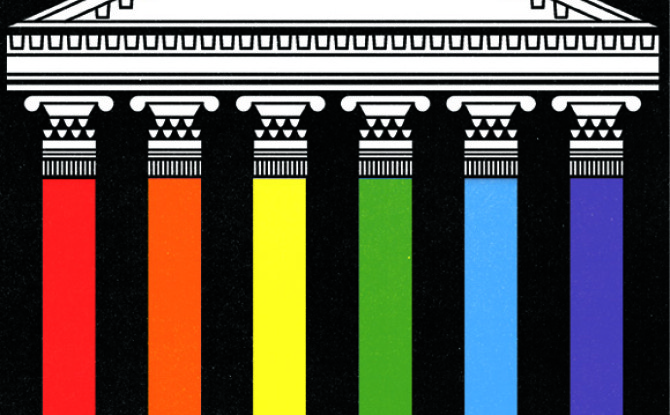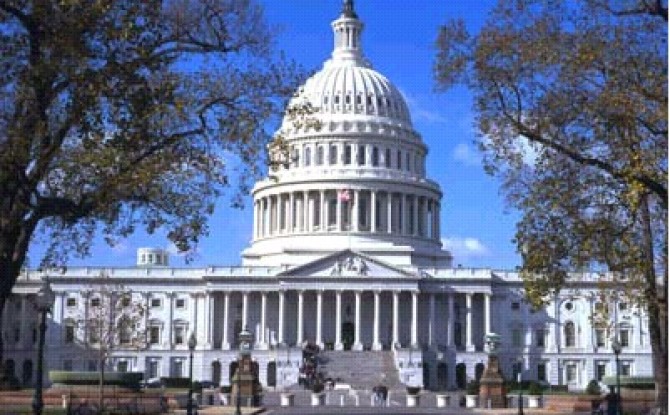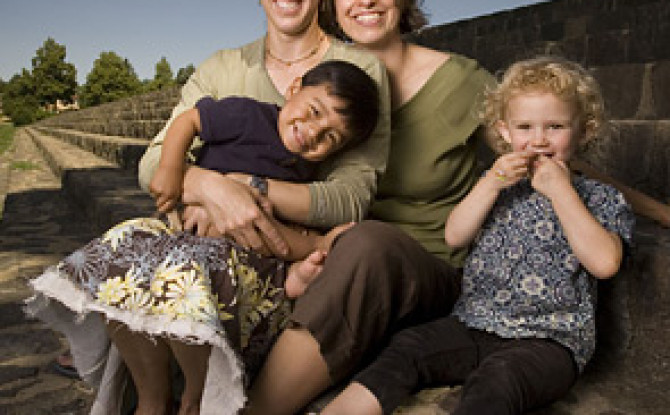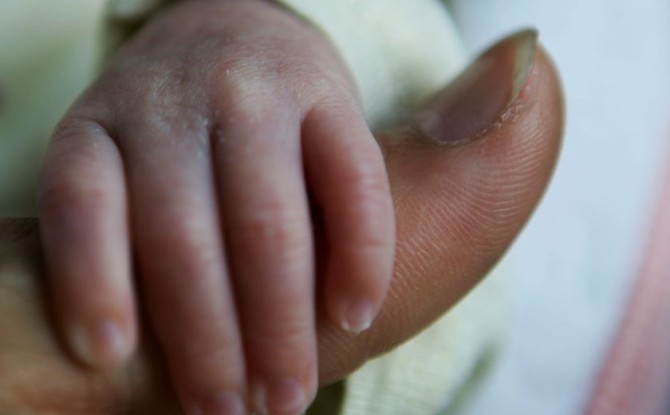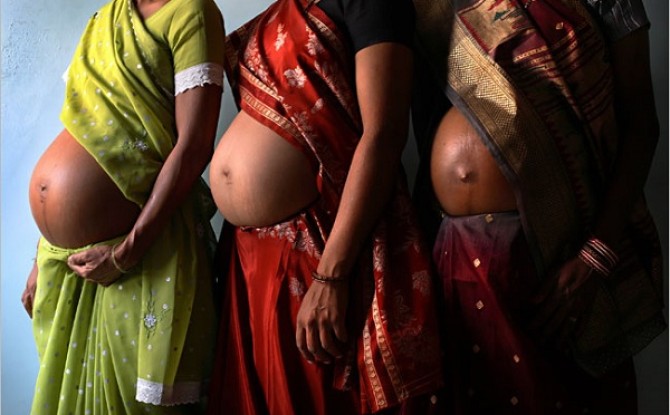Nepal’s top court orders suspension of surrogacy services
Nepal’s top court has ordered a halt to commercial surrogacy services in the Himalayan nation until it rules on the legality of the practice, an official said Wednesday. Nepal has become a destination for foreigners, including many Israelis, seeking to have children through surrogate mothers. The practice is controversial, with critics saying it exploits the poverty of women.
Although Nepal has no laws on its books covering surrogacy, the government last year allowed foreign women to serve as surrogates in Nepal but barred local women.
“There are no laws regarding surrogacy… it raises many constitutional and legal questions,” said Nahakul Subedi, spokesman for the Supreme Court.
“So the court issued a stay order on surrogacy services yesterday … until the case is settled,” Subedi told AFP.
Advocate Prabin Pandak, who filed the original lawsuit against the practice, told AFP the court’s order would put a stop to the registration of new cases.
“Women should not be a subject of trade, neither should a child,” Pandak said.
“Nepali women are not allowed to be surrogate mothers but they are misrepresented as Indian and used for surrogacy,” she said.
Nepal has become an attractive destination for couples who find its services cheaper than those offered by surrogacy agencies in the West.
Israel in April airlifted 25 infants born to Indian surrogate mothers in Kathmandu after Nepal was hit by a devastating quake that killed nearly 9,000 people.
In Israel, only heterosexual couples are legally able to use surrogacy, and there are many restrictions on who can serve as a surrogate. While straight couples must go through an onerous committee process in order to qualify for surrogacy, homosexual couples are left completely out of the system. Consequently, they must look to foreign surrogacy as a means of producing a child biologically related to one member of the couple.
Click here to read the entire article.
AFP and Times of Israel Staff – August 26, 2015

